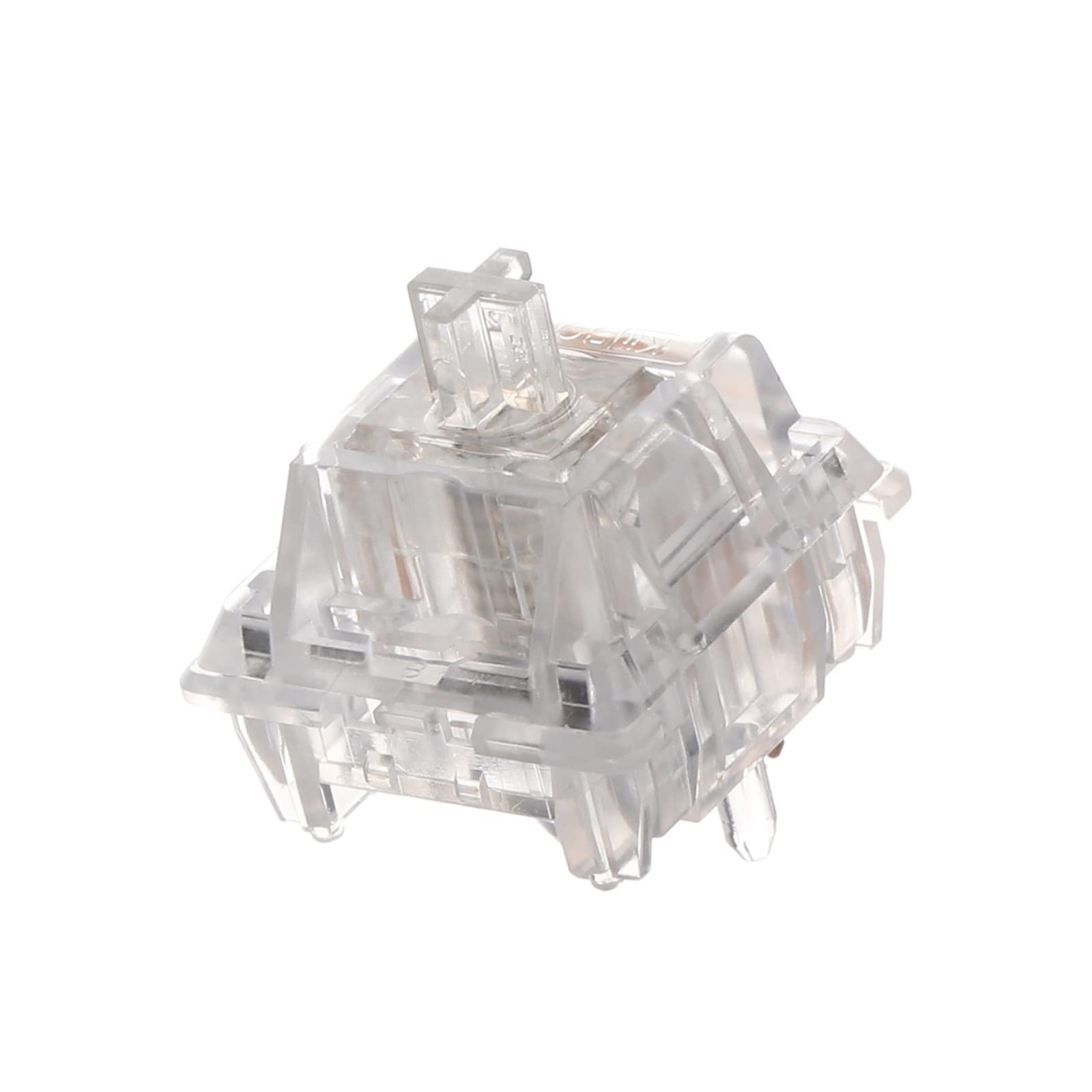Mechanical change refers to the process of altering the physical properties of a material or system. It is a crucial aspect of various industries, including manufacturing, construction, and engineering. Mechanical change can occur through various processes, such as deformation, heating, cooling, and chemical reactions. In this blog post, we will explore the basics of mechanical change, its impact on industries, and the latest trends in the field.
Basics of Mechanical Change
Mechanical change involves altering the physical properties of a material or system. It can occur through various processes, such as deformation, heating, cooling, and chemical reactions. Deformation is the process of changing the shape or size of a material, while heating and cooling involve changing the temperature of a material. Chemical reactions involve altering the chemical composition of a material.
Mechanical change can be classified into two types: reversible and irreversible. Reversible mechanical change refers to the process of changing the physical properties of a material and then returning it to its original state. Irreversible mechanical change, on the other hand, refers to the process of changing the physical properties of a material permanently.
Impact of Mechanical Change on Industries
Mechanical change has a significant impact on various industries, including manufacturing, construction, and engineering. In the manufacturing industry, mechanical change is used to produce various products, such as cars, appliances, and electronics. It is also used to improve the quality and durability of products.
In the construction industry, mechanical change is used to build structures, such as buildings, bridges, and roads. It is also used to improve the strength and durability of construction materials.
In the engineering industry, mechanical change is used to design and develop various systems, such as engines, machines, and robots. It is also used to improve the efficiency and performance of these systems.
Latest Trends in Mechanical Change
The latest trends in mechanical change include the use of advanced materials, such as nanomaterials and composites, and the development of new manufacturing processes, such as 3D printing and additive manufacturing. These trends are aimed at improving the quality, efficiency, and sustainability of mechanical change processes.
Conclusion
Mechanical change is a crucial aspect of various industries, including manufacturing, construction, and engineering. It involves altering the physical properties of a material or system through various processes, such as deformation, heating, cooling, and chemical reactions. Mechanical change has a significant impact on these industries, and the latest trends in the field are aimed at improving the quality, efficiency, and sustainability of mechanical change processes.

